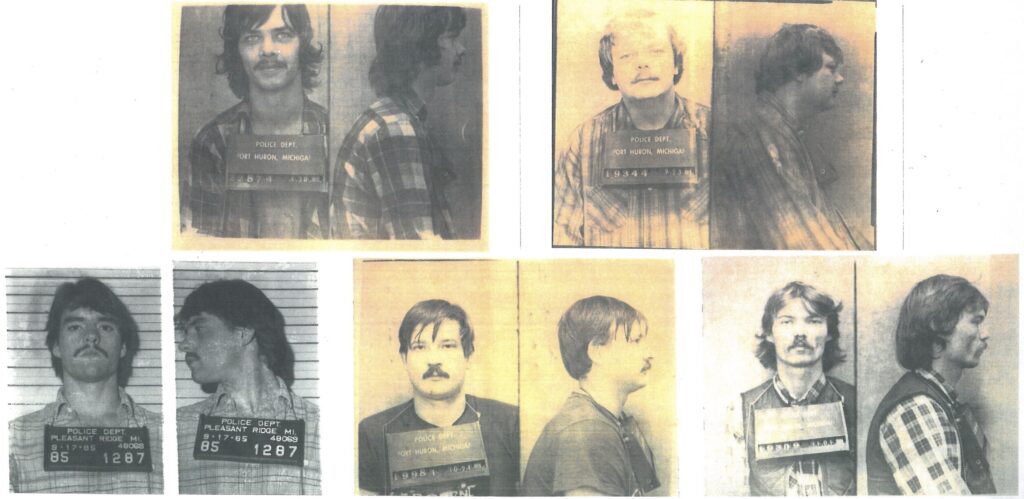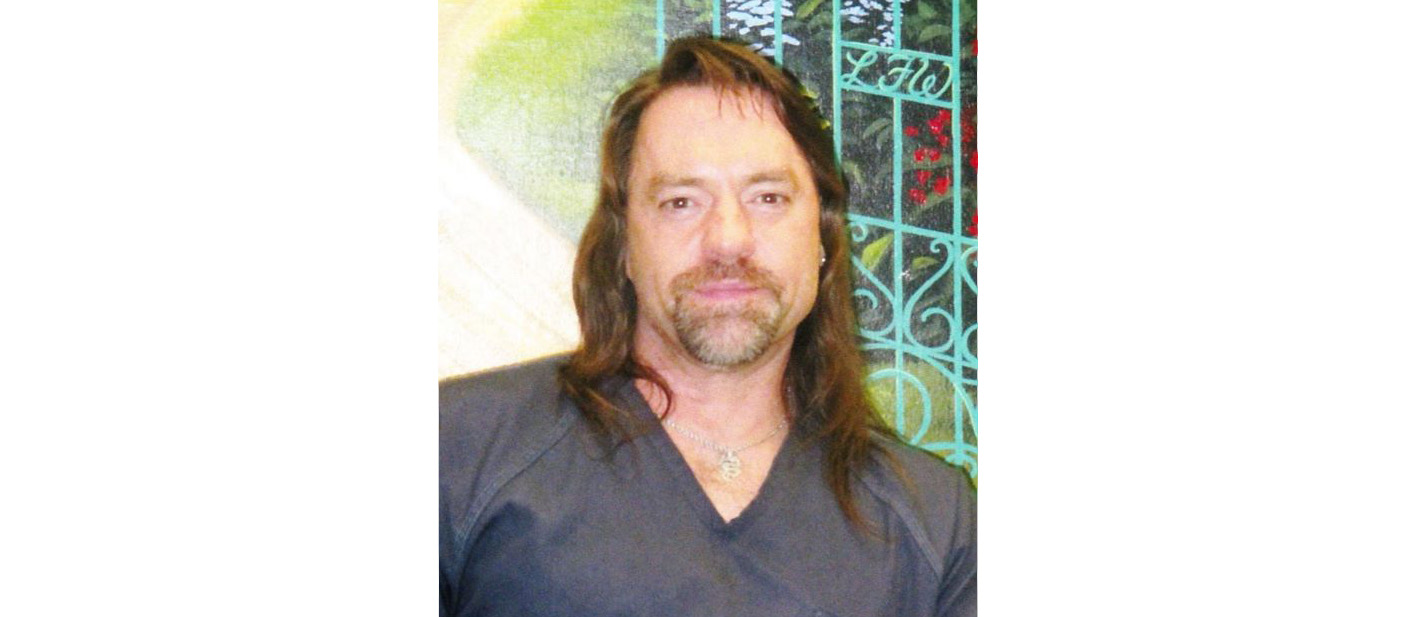What You Should Know About Fred Freeman (Temujin Kensu), Wrongfully Convicted in Michigan
06.03.20
Fredrick Freeman was convicted of murder in 1987 and given a life sentence without the possibility of parole — but at the time of the crime, Freeman was more than 400 miles away. More than 30 years later, Freeman, who also goes by the name of Temujin Kensu, is still in prison where healthcare is being denied and poor prison conditions are preventing his healing.
Freeman has several underlying health issues, including a brain tumor and congestive heart failure, that make him particularly vulnerable to the virus. His attorneys at the University of Michigan Law School Innocence Clinic are now fighting to restore Freeman’s freedom and, possibly, to save his life, and have filed a clemency request to Michigan Gov. Gretchen Whitmer.
Here’s what you should know about his case:
- Freeman was nowhere near the crime. Freeman was accused of killing a man in a community college parking lot in Port Huron, Michigan. But receipts and at least nine neutral witnesses place Freeman in Escanaba, a town 400 miles away in Michigan’s Upper Peninsula, shortly before and after the time of the murder, making it physically impossible for Freeman to have committed the murder and be seen in Escanaba.
At his trial, the prosecution presented the theory that Freeman have could chartered an airplane to explain the timeline of his locations, despite the fact that such a flight would have been well beyond Freeman’s means. Additionally, no actual evidence of such a flight was ever presented and it was later discovered that the pilot who testified to the possibility of such a chartered flight was in fact the prosecutor’s friend and personal pilot. - Freeman received an inadequate defense. At trial, Freeman’s defense attorney failed to object to several days worth of speculative and extremely prejudicial testimony, including outlandish suggestions that Freeman was part of a secret ninja organization and/or the Yakuza (an organized crime syndicate based in Japan). At the time of Freeman’s trial, his attorney was a habitual cocaine user for which he was later suspended from practicing law in Michigan. A judge ruled that his drug use made him “constitutionally inadequate” as a defense attorney.
- Freeman’s conviction rested on weak eyewitness identifications, including a witness who was hypnotized. There were no eyewitnesses to the actual shooting, but two men claimed to see someone resembling Freeman hours before and moments after hearing the shots. One of the witnesses who testified to seeing Freeman was hypnotized before he testified by his community college professor, who had never hypnotized anyone before. It was recently revealed that these identifications were obtained through a biased photo lineup that was manipulated to make Freeman stand out to witnesses. Both witnesses wavered on many key details.

- An unreliable jailhouse informant testified against Freeman, but later admitted to lying. At trial, Phillip Joplin testified that Freeman had confessed to him while they were incarcerated. But years later, Joplin signed an affidavit admitting for the first time that he received special benefits from the prosecution in exchange for testifying against Freeman; he stood by this statement and fully recanted his trial testimony in a filmed interview with an investigative reporter.
- Freeman has severe health problems that put him at extremely high risk of serious illness or death if he becomes ill with COVID-19. Freeman has been living with a brain tumor, chronic lung disease, congestive heart failure, and, potentially, an autoimmune disorder. He has previously been denied adequate medical care in prison, leading to additional long-term health issues. Macomb Correctional Facility, where Freeman is currently incarcerated, has had over 100 cases of COVID-19 and at least five people incarcerated there have died due to the virus. Recent antibody testing revealed that 66% of prisoners tested Macomb Correctional Facility tested positive. Freeman himself is among those who tested positive for COVID-19 antibodies, and he has already been showing symptoms of COVID-19, including violent coughing, headaches, and shortness of breath.
Listen to the Undisclosed Podcast to learn more about Freeman’s story.
Leave a Reply
Thank you for visiting us. You can learn more about how we consider cases here. Please avoid sharing any personal information in the comments below and join us in making this a hate-speech free and safe space for everyone.
July 17, 2021 at 11:59 pm
January 19, 2021 at 6:14 am
Absolutely ridiculous this man is jail . The American justice system is one of the worst in the world. Once convicted ,nearly impossible to regain your freedom ,whether your innocent or not. The powers to be do exactly nothing to free innocent men and women from a lifetime of incarceration, even though they know they are innocent of any crime.

I have no faith in the system. I watched the show an how they convicted him blows my mind..but how ppl could convict him is mind blowing. Seems like they jail the poor innocent ppl.